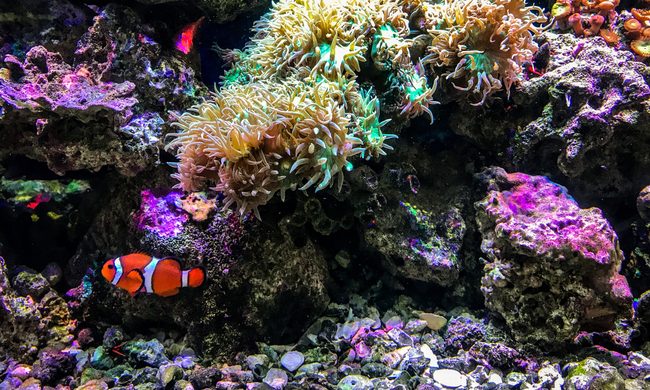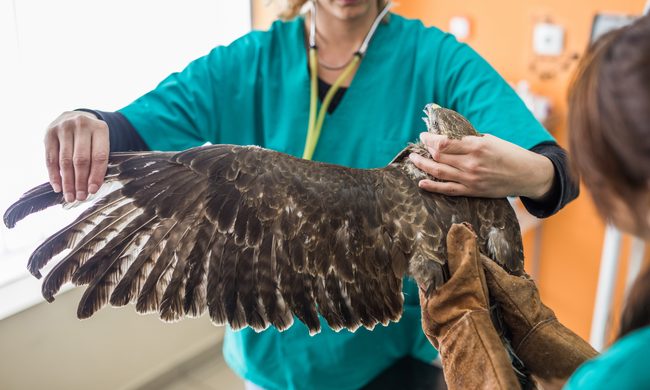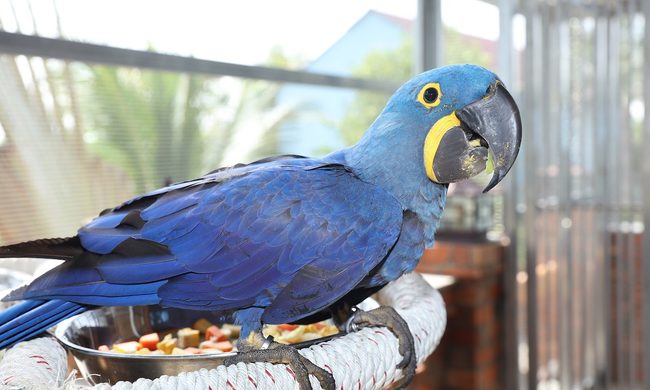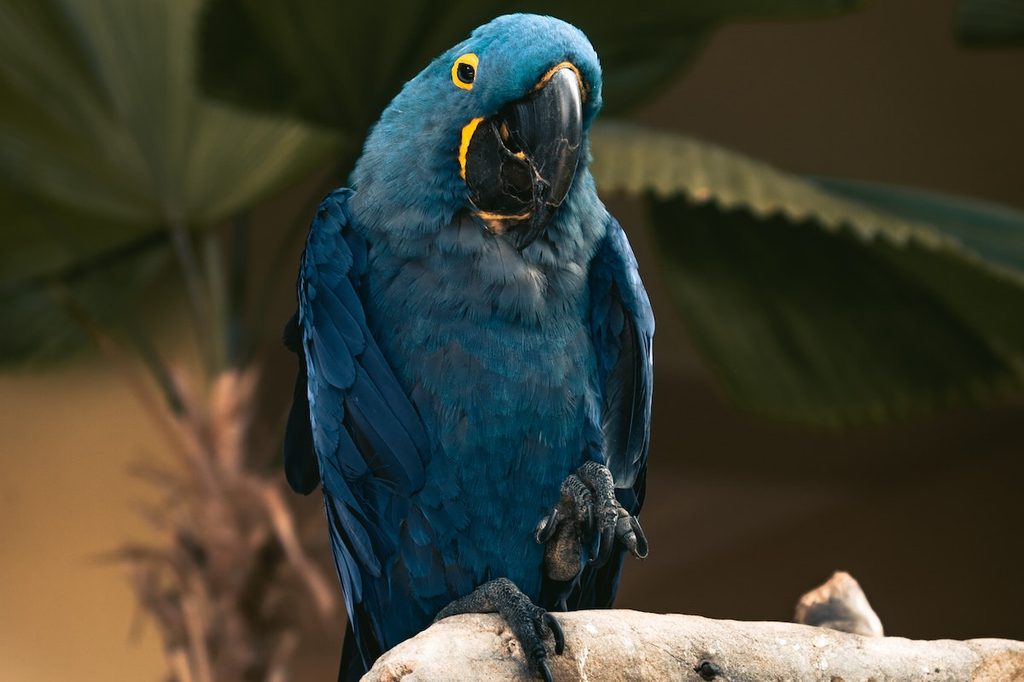
Parrots are hilarious and clever birds that make for a wonderful pet. They will fill your home with well-timed squaws and maybe some funny catchphrases. They also have one of the most incredible body languages in the animal kingdom and are often recognized for their peculiar head bobbing.
Bird owners spend hours observing the many messages these guys send with their movements. So, why do birds bob their heads? We’ll explain why parrots head bob and also why other types of birds do it as well.

Why do wild birds bob their heads?
The natural cause of the head bobbing tracks back to a wild and outlandish early life. Youngsters of many species bob their heads to tell their mother they are hungry. When the mother realizes the movement, she provides food, and the behavior is rewarded. As they grow, this head bobbing will evolve into an attention-seeking behavior that is mostly positive and fun to watch.
Additionally, head bobbing is how birds learn to stabilize their visual surroundings, according to the Library of Congress. Just as humans use their eyes to navigate what’s around them, birds use their heads. Being a natural behavior found both in wild animals and birds born in captivity, this is rarely a sign of true distress or something to be alarmed about.
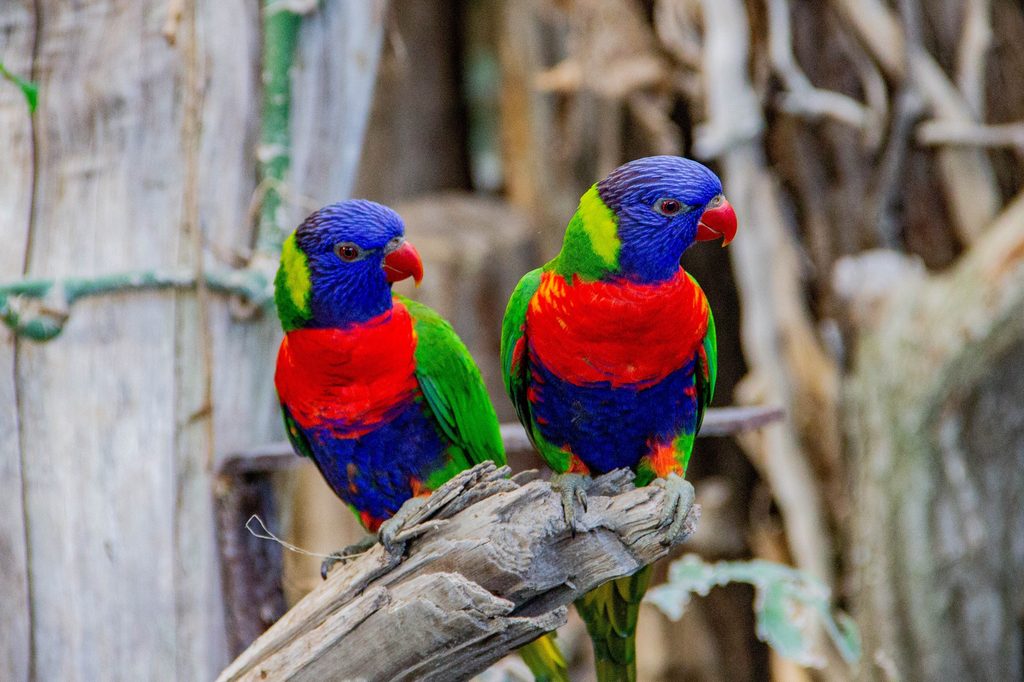
Are birds happy when they bob their heads?
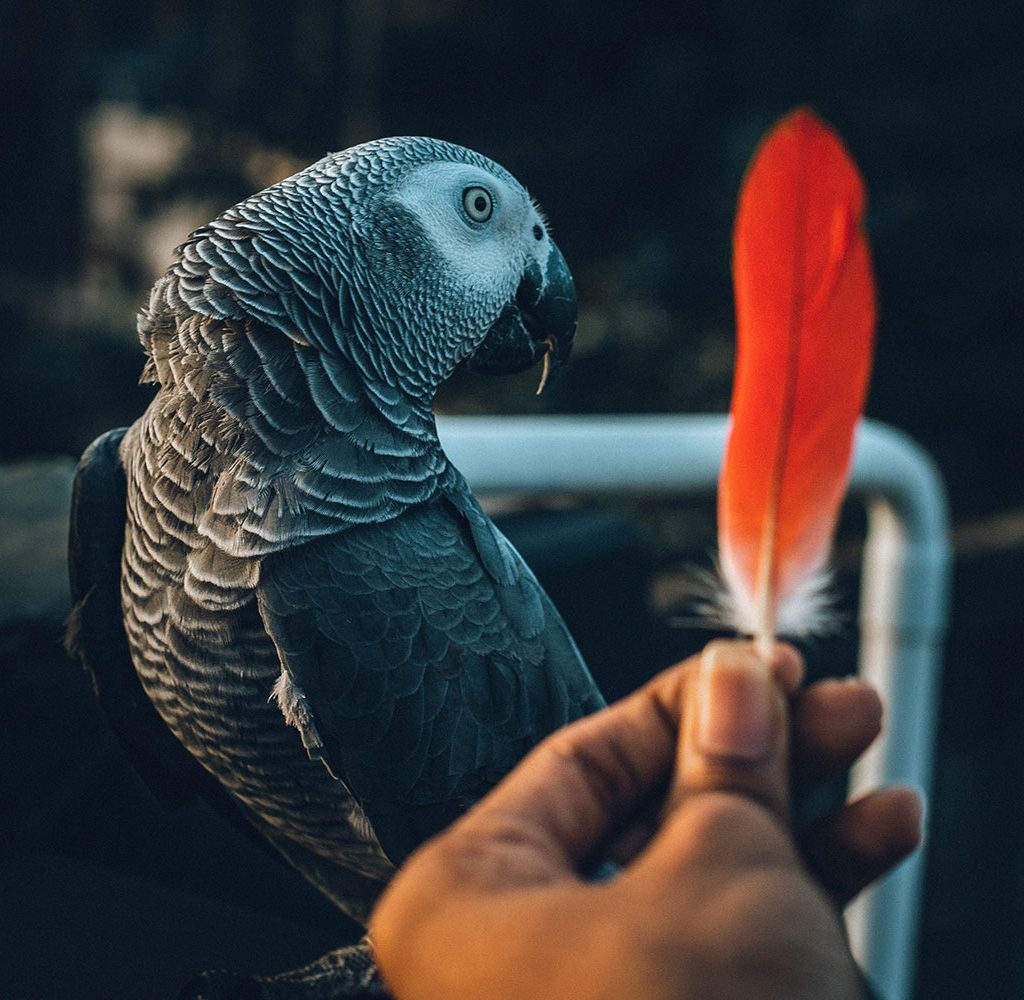
Why do pet birds bob their heads?
For domesticated birds, head bobbing is a normal way to communicate with their owners. When a parrot wants your attention, they will start bobbing and moving side to side. As soon as they feel ignored, they will do their best dance to get you to look. Listen to their cue and give them some love. They are trying to bond with you. In some cases, they might want to tell you something more specific. Below, you will find some of the most common reasons why a parrot bobs their head.
Polly wants a cracker
One top reason: hunger. This behavior might continue with adult birds once it’s clear that you are their caregiver. By establishing who feeds them, they know who they need to call in case they feel a craving. If they are low on food and need a refill, they will do their funny moves to get you to feed them soon. Another possibility is that they are trying to get a treat out of you. If they are being trained, they will sometimes try to bribe you for a freebie. Don’t be surprised if your parrot starts tricking you into feeding him more by busting some moves.
Getting their emotions out there
Birds are sensitive animals that make their feelings known. Many of their behaviors express a need or warn you of their emotional state. Remember that being in an enclosure for extended periods of time will stress your bird. If they haven’t been able to stretch out their wings and move around, they will start bobbing to get your attention. For parrots, excitement and anger are expressed with head bobbing that looks more intense and frantic.
If they feel threatened or afraid, they will show their size and bob their head to assert their presence. Make sure you console them if they seem distressed. Sometimes leaving them alone or removing other birds from their surroundings is enough to calm them down.
They just want to dance
Parrots and cockatoos are famous for bobbing their head to the rhythm of the music. They are pretty good at following a tune and enjoy it. Some have even become internet sensations for their dancing talents. We are looking at you, Snowball!
Neuroscientist and researcher Dr. Aniruddh Patel confirmed that parrots really can keep a beat. After studying the movements of a famous dancing parrot named Snowball, he discovered that the bird synchronized his movements to the beat of a song. There was doubt at the time that the parrot was only copying a trainer during their performances. The study concluded that although Snowball fell out of rhythm often, he could definitely adjust the speed of his movements to the tempo of a new song.
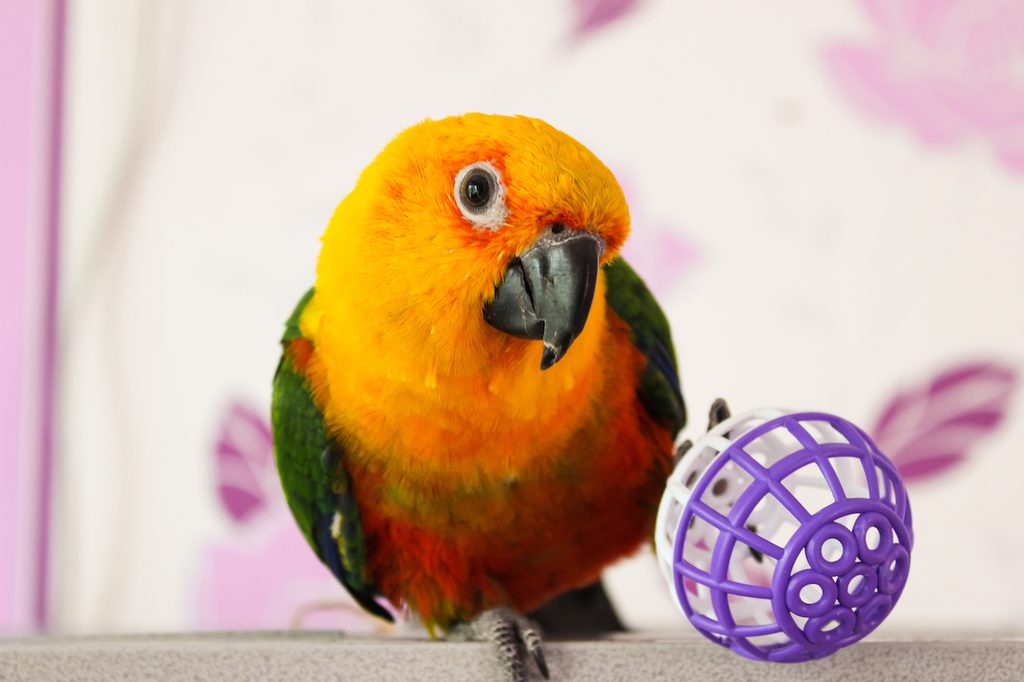
Listen to your bird
Understanding what your parrot is trying to tell you takes time, practice, and patience. They are really good at communicating with humans and their personalities are complex and fun to discover. Listen to them and bond. This is the best way to establish the connection needed to train them, care for them, and make them members of your family.

